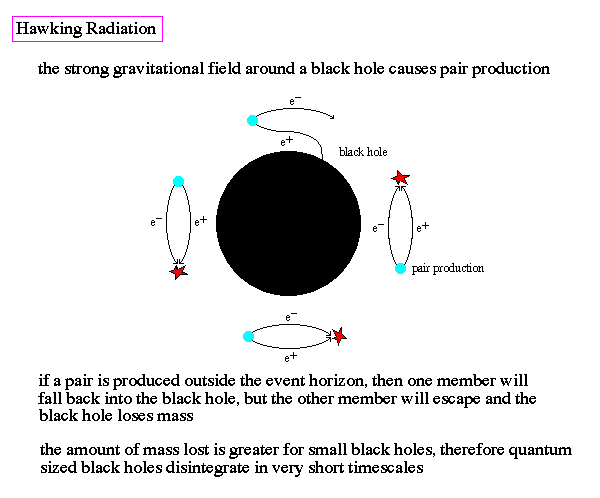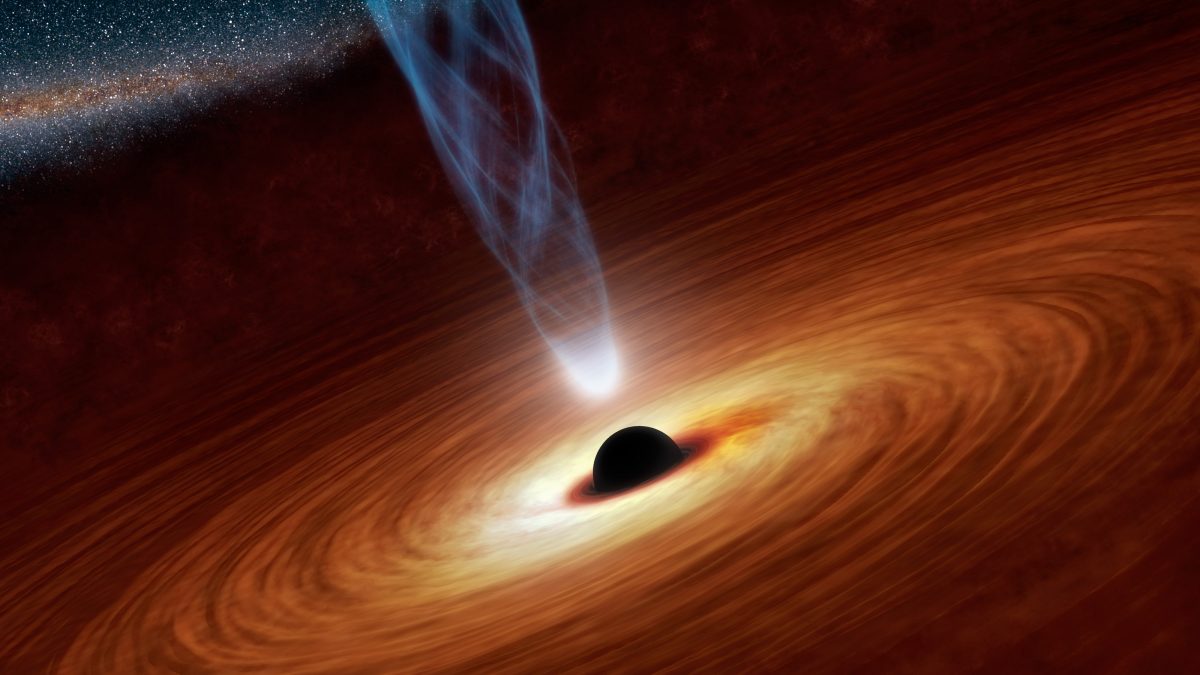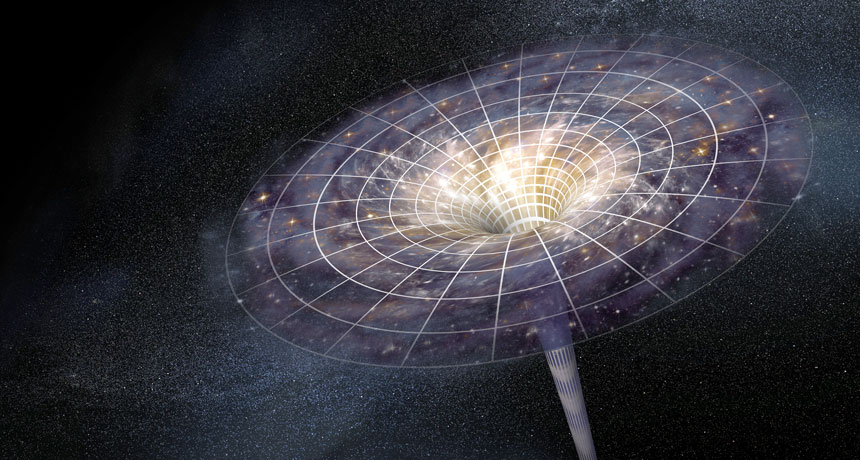My goal is simple. It is a complete understanding of the universe, why it is as it is and why it exists at all. – Professor Stephen Hawking.
We are nothing but a mere and mortal species whose demise is certain. In a world where more than three-quarters of the population believe in an afterlife, death often means going to the heaven or something like that. There are scientists that believe and have proven the existence of the afterlife. However, Stephen Hawking, despite being a medical miracle, never believed in god and well, obviously afterlife.
He once said, “When people ask me if a god created the universe, I tell them that the question itself makes no sense. Time didn’t exist before the big bang, so there is no time for god to make the universe in. It’s like asking directions to the edge of the earth; The Earth is a sphere; it doesn’t have an edge; so looking for it is a futile exercise. We are each free to believe what we want, and it’s my view that the simplest explanation is; there is no god. No one created our universe, and no one directs our fate. This leads me to a profound realization; There is probably no heaven, and no afterlife either. We have this one life to appreciate the grand design of the universe, and for that, I am extremely grateful.” These are the words of a wise man and now it’s upon him to find out whether what he believed to be false is actually false.
Stephen Hawking was a gem in the realm of theoretical physics. With over a hundred papers published, he had some of the most groundbreaking discoveries in the field of cosmology. Here are some of the most popular discoveries that Stephen Hawking made in his lifetime.
Hawking’s Popular Endeavours in Cosmology
1. Cosmic Inflation
Though initially proposed by Alan Guth in 1980, Hawking actually made a lot of contribution in the theory of cosmic inflation. Cosmic inflation, basically, is a theory about how the entire universe originated from singularity after the big bang.
The theory suggests that, until the first 10^-32 seconds of the big bang, also called the inflationary epoch, the universe expanded in an exponential manner, and after the inflationary period, the universe began expanding in a less aggressive fashion. Stephen Hawking has contributed so much to the theory of inflation that it cannot be described in words. From the first papers published in the 80s to the last paper, he published, “A Smooth Exit from Eternal Inflation” was based on the theory of cosmic inflation.
2. Hawking Radiation
You might have come across the term “Hawking Radiation”. Not long ago, most scientists believed that nothing escapes from the black hole. Everything that comes close to its event horizon gets annihilated towards the back hole.
But, Hawking awed everyone when he proposed and provided a theoretical argument in 1974 that back holes actually emit radiation due to the quantum effects near the event horizon. This radiation is emitted due to the black hole capturing one of a particle-antiparticle pair created spontaneously near the event horizon.
3. Black Hole Mechanics
With James Bardeen and Brandon Carter, Stephan Hawking discovered the four laws of black hole mechanics. These laws are physical properties that black holes are believed to satisfy and are analogous to the laws of thermodynamics. In January 1971, his essay titled “Black Holes” won the prestigious Gravity Research Foundation Award. [source]
4. Top-Down Cosmology
Stephen Hawking, along with Thomas Hertog of CERN, proposed that the Universe’s initial conditions consisted of a superposition of many possible initial conditions, only a small fraction of which contributed to the conditions we see today.
According to their theory, it is inevitable that we find our Universe’s “fine-tuned” physical constants, as the current Universe “selects” only those past histories that led to the present conditions. In this way, top-down cosmology provides an anthropic explanation for why we find ourselves in a universe that allows matter and life, without invoking the ontic existence of the Multiverse. [wiki]
5. Singularities
Singularity is a point where an infinite amount of mass is enclosed in an infinitely small space creating a one-dimensional point. Stephen Hawking, along with Roger Penrose, did a groundbreaking research about the universe being originated from the singularity and after the big bang, the universe inflated to become the universe we live in.
Stephen Hawking was one of the most brilliant minds that the world has ever seen and his death has come as a grief for anyone who has even a slightest of interest in theoretical physics. So, there is nothing much to say.
Farewell, Professor Hawking!
-
Honor X8c with 120Hz Display Launched in Nepal with an Early Bird OfferHIGHLIGHTS Honor X8c price in Nepal is Rs. 33,999 (8/512GB). It is powered by the…
-
HMD Crest Max 5G Launching Soon in Nepal – Now Even BetterHIGHLIGHTS HMD Crest Max 5G price in Nepal could be Rs. 21,999 (8/256GB). This phone…
-
Now You Can Buy a Xiaomi Phone on EMI in Nepal Too – Here’s How!HIGHLIGHTS Xiaomi launched its hassle-free EMI service dubbed the “Xiaomi Easy Finance”. The latest Redmi…















